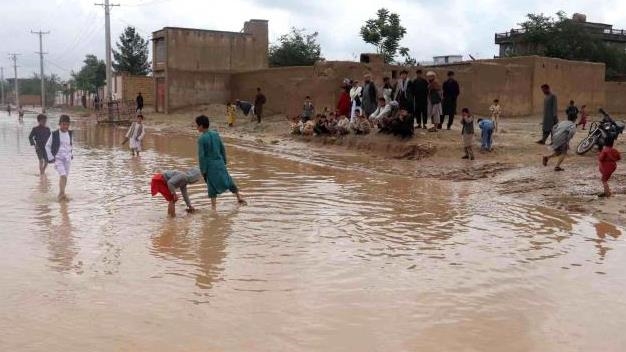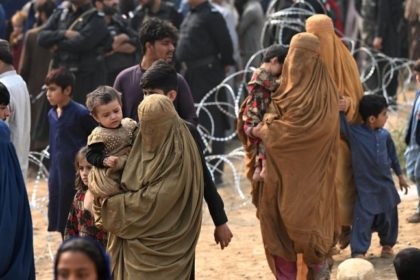RASC News Agency: The United Nations High Commissioner for Refugees (UNHCR) reports that sudden floods in various provinces of Afghanistan have significantly deepened the vulnerabilities of the population in all aspects. The agency highlights that children and women are the most vulnerable groups, emphasizing the urgent need for comprehensive support for flood victims.
According to the UNHCR, severe flooding last month resulted in at least 347 deaths and the destruction of over 10,000 homes. In addition to the human toll, thousands of families have been displaced, and agricultural lands along with public infrastructure, including roads, bridges, healthcare facilities, and primary schools, have sustained significant damage.
Ghor is one of the provinces that suffered extensive damage from the recent floods. The agency notes that even before the floods, the residents of Ghor faced difficulties in accessing food and basic services. The province, characterized by unpaved roads and weak infrastructure, struggles with drought in the summer and heavy rain and snow in the winter.
Parigol Habibi, a psychosocial support worker with the UNHCR, stated: “The floods have affected people both mentally and physically. I met several women who experienced miscarriages due to the fear and anxiety caused by the floods.” The UN highlights that, in addition to women, children are among the most severely affected.
Parents report that their young children suffer from sleeplessness, nightmares, and night terrors, displaying intense and unusual emotional reactions such as screaming and crying since the floods. Baghlan is another province that has been severely impacted by recent floods. In these regions, hundreds have died, and homes and roads have been destroyed.






